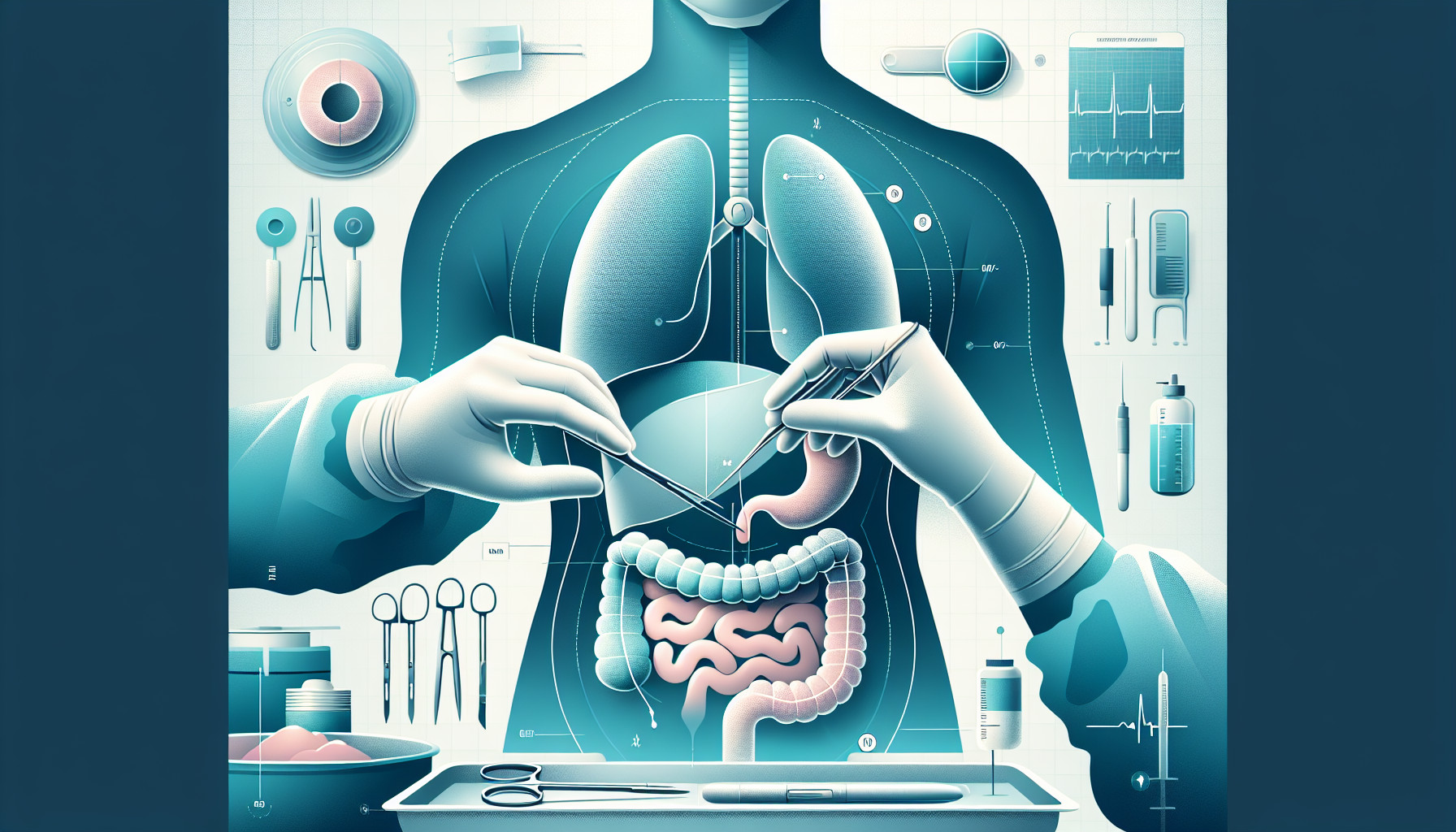Our Summary
This research paper examines the quality and readability of online information regarding hiatal hernia, which is a condition where part of the stomach pushes up through the diaphragm muscle. The authors are particularly interested in how useful this information is for patient education. They analyze the quality of the information and how easy it is to understand, especially for people with no medical background. This study is important because many patients use the internet to learn more about their health conditions, so the information available needs to be both accurate and easy to understand.
FAQs
- What is hiatal hernia repair?
- How can online information help me understand more about hiatal hernia repair?
- How does the quality and readability of online information affect patient education on hiatal hernia repair?
Doctor’s Tip
One helpful tip a doctor might give a patient about hiatal hernia repair is to follow post-operative care instructions carefully, including avoiding strenuous activities and heavy lifting for a certain period of time. This will help ensure proper healing and reduce the risk of complications. It’s also important to follow a diet recommended by your healthcare provider to prevent reflux symptoms and allow the surgical site to heal properly. Regular follow-up appointments with your doctor are also important to monitor your recovery progress.
Suitable For
Patients who are typically recommended for hiatal hernia repair are those who have symptoms such as chronic heartburn, chest pain, difficulty swallowing, regurgitation of food or liquid, and feeling of fullness after eating. Other factors that may indicate the need for surgery include a hiatal hernia that is large or causing complications such as severe inflammation of the esophagus (esophagitis) or Barrett’s esophagus. Additionally, patients who do not respond well to medications or lifestyle changes may also be candidates for surgery. It is important for patients to discuss their symptoms and treatment options with their healthcare provider to determine if hiatal hernia repair is the best course of action for them.
Timeline
Before hiatal hernia repair:
- Patient experiences symptoms such as heartburn, regurgitation, chest pain, difficulty swallowing, and bloating.
- Patient visits a healthcare provider who diagnoses the hiatal hernia through physical examination and imaging tests.
- Patient undergoes pre-operative testing and preparation for the surgery, which may include dietary restrictions and medication adjustments.
After hiatal hernia repair:
- Patient undergoes the surgical procedure to repair the hiatal hernia, which may be done laparoscopically or through open surgery.
- Patient stays in the hospital for a few days for recovery and monitoring.
- Patient is discharged with instructions for post-operative care, including pain management, diet modifications, and activity restrictions.
- Patient follows up with the healthcare provider for post-operative visits to monitor healing and address any complications.
- Patient gradually resumes normal activities and experiences a reduction in symptoms such as heartburn and regurgitation.
What to Ask Your Doctor
- What are the potential risks and complications of hiatal hernia repair surgery?
- What is the success rate of hiatal hernia repair surgery?
- What is the recovery process like after hiatal hernia repair surgery?
- Will I need to follow a special diet or make any lifestyle changes after the surgery?
- How long will it take for me to fully recover and resume normal activities?
- Are there any alternative treatment options to consider before opting for surgery?
- How experienced are you in performing hiatal hernia repair surgeries?
- Are there any long-term effects or complications I should be aware of after the surgery?
- What can I expect in terms of pain management during and after the surgery?
- How can I best prepare for the surgery to ensure the best possible outcome?
Reference
Authors: Rouhi AD, Ghanem YK, Hoeltzel GD, Bader E, Yi WS, Williams NN, Dumon KR. Journal: J Gastrointest Surg. 2023 Mar;27(3):598-600. doi: 10.1007/s11605-022-05460-4. Epub 2022 Sep 20. PMID: 36127551
